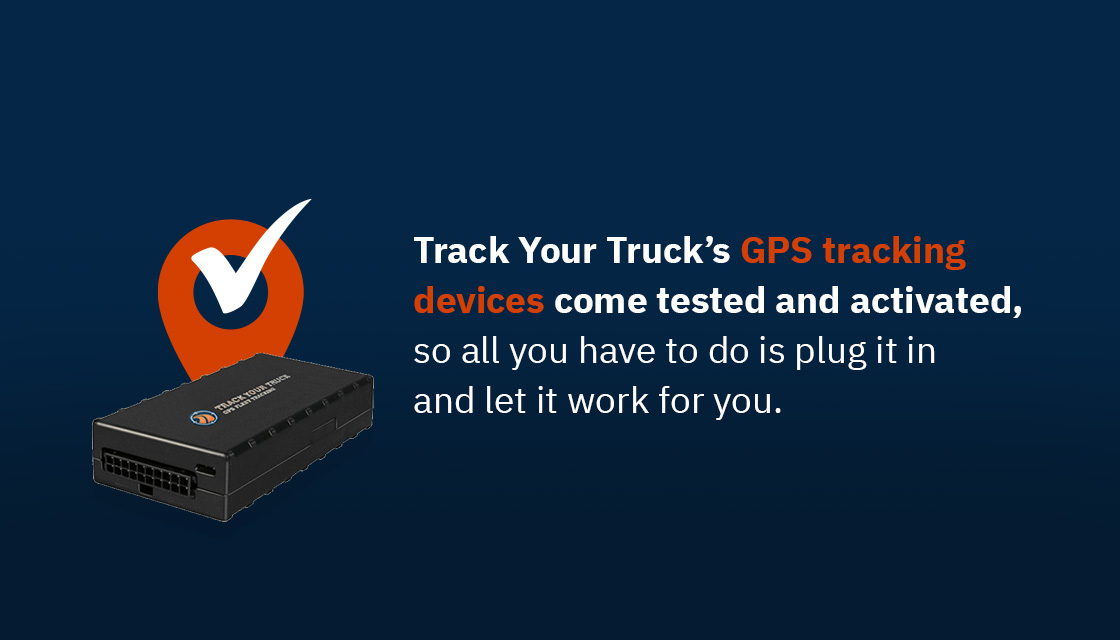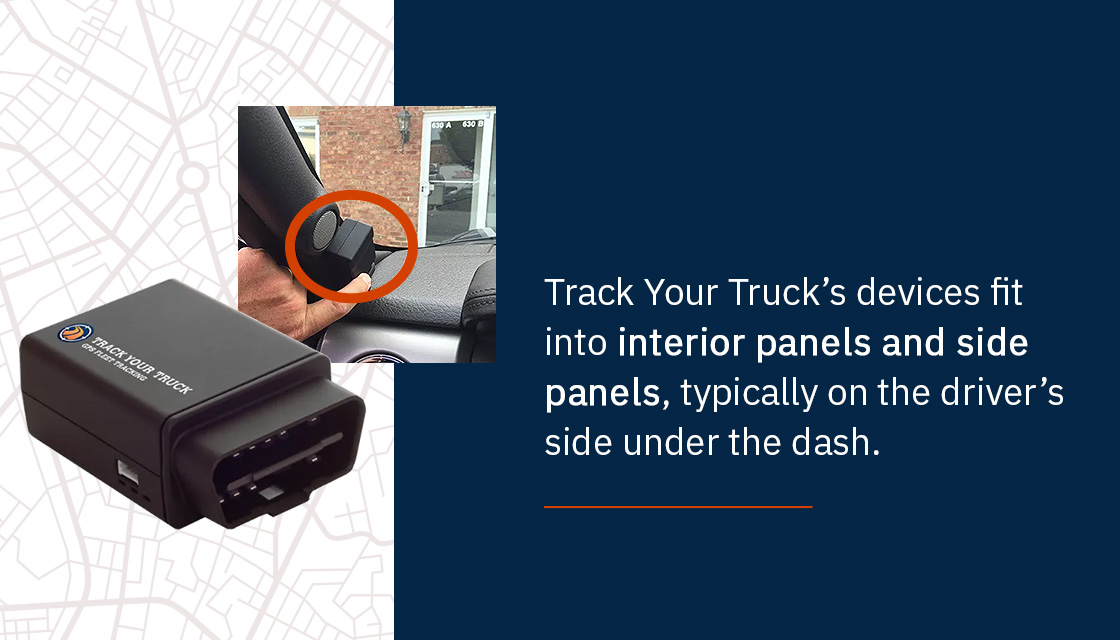
What is the best way to track your vehicles effectively? If you’re like many fleet managers, you may be stuck between plug-in and wired devices. To choose the right option for you and your needs, you must first understand each option, its capabilities and its pros and cons. With this detailed comparison of plug-in and wired global positioning system (GPS) tracking devices, you should have all the information you need to make a decision to improve your fleet management and overall vehicle operations.
Vehicle tracking devices have many benefits. One of the most significant is in helping to improve fleet safety by providing real-time monitoring of a vehicle’s location and emergency alerts.
More than one million vehicles were reported stolen in 2023, a 1% increase nationwide from the previous year. GPS tracking devices can be great for all vehicle owners and fleet managers because they help keep vehicles safe using real-time tracking while providing reports for improved management. Choosing between the different tracking devices in the market is all about understanding the unique features that each offers.
A plug-in tracker is a small device that can easily connect to a vehicle’s on-board diagnostics II (OBD-II) port. These trackers monitor a vehicle’s location and can provide you with other essential data such as fuel efficiency, driver behavior and engine performance.
Plug-in trackers operate on a vehicle’s power source and can transmit data to a central system to help you and your team monitor it. You can think of them as plug-and-play GPS vehicle trackers because they’re convenient and can be quickly installed, generally without the need for professional help.

For example, plug-in tracking from Track Your Truck, such as the Premium GPS Plug-In Vehicle Tracker, uses a small tracking device that plugs directly into the OBD-II port on your vehicles. This is the same port your mechanic uses to run diagnostic codes, and is easily accessible and universal across most modern vehicles. Track Your Truck’s GPS tracking devices come tested and activated, so all you have to do is plug it in and let it work for you.
Plug-in trackers can be great for fleet managers because they allow you to manage several vehicles simultaneously. Once connected, monitoring each vehicle and how safely each driver is operating is easy.
There are many benefits to choosing a plug-in tracker, such as:
While there are many advantages, there are also a few downsides to plug-in trackers:
To install a plug-in tracking system, locate the vehicle’s OBD-II port. Turn off the vehicle, plug in the device. Turn on the vehicle, and the device will start tracking after a couple of minutes of configuration. You can use the app to verify that it is tracking. When the vehicle needs service, the mechanic can easily remove the tracker while the vehicle is off, perform all necessary tests, then put the tracker back in place.
Sometimes, the OBD-II port is located underneath the car’s dashboard near the driver’s legs. In these cases, the addition of a GPS plug-in tracking unit can make it difficult to drive safely. OBD-II extension cables allow you to reposition the tracking unit to a safer location, such as the vehicle’s dashboard.
Wired GPS fleet tracking involves installing a tracking device directly into a vehicle’s electrical system. These devices draw power directly from the vehicle’s battery and provide continuous data transmission without external power sources, so they don’t need to be charged. Wired GPS trackers can be great for fleet managers who need a long-term, uninterrupted vehicle tracking system.
Track Your Truck’s Premium GPS Vehicle Tracker is an example of a wired tracking system. Just as the plug-in varieties, wired tracking devices from Track Your Truck can operate via a battery and antenna to send alerts should tampering occur. Wired devices, unlike plug-ins, have the option to remotely disable the vehicle’s ignition if there is a safety or service violation.

There are many advantages to choosing a wired tracker, such as:
Wired GPS tracking devices have several disadvantages:
While some customers self-install, the task can also be done by a qualified installer or mechanic. Track Your Truck’s devices fit into interior panels and side panels, typically on the driver’s side under the dash.

Now that we’re clear on how these devices function, it’s time for a direct GPS tracking comparison.
Plug-in devices are quick to install. All you need is an OBD-II port, and you’re ready to go. They’re also portable, allowing you to switch them between different vehicles, as you please. On the other hand, wired trackers are a more permanent and secure solution, which may need a professional’s help for installation.
Both plug-in and wired GPS tracking devices offer reliable tracking capabilities. However, the wired option can be considered more secure against tampering since the device can be hidden and hard to find, while plug-in devices tend to be more visible and so can be easier to tamper with.
Plug-in devices use a vehicle’s OBD-II port, so no recharging is necessary. Wired GPS trackers also don’t need charging. Since they’re integrated into the electrical system, they draw power directly from the vehicle.
Accurate and reliable data is one of the most important aspects of installing any tracking device. Plug-in trackers offer you location tracking and some basic vehicle diagnostics and real-time tracking. Wired trackers offer more advanced features such as real-time tracking and driver behavior monitoring.
Plug-in and wired GPS tracking devices have varying costs, depending on factors such as the brand and available features. However, plug-in trackers tend to be more affordable, while wired trackers are generally more costly, mainly because of the more complex installation process and advanced features.
The choice between a wired and plug-in device depends on your needs. Do you require the additional features of the wired devices? Are you comfortable with the plug-and-play model for your GPS tracking?
These are a few important questions to consider when deciding on which option is right for you. If you need an easy installation that’s a little more affordable and portable, then consider plug-in trackers. However, if you’re aiming for advanced tracking features with a tracking device that is more secure and can’t be tampered with, then a wired tracker may be the better choice.
Track Your Truck offers advanced plug-in and wired GPS tracking solutions for managing your truck fleet. Our devices offer advanced features like real-time tracking, detailed traffic reporting and improved route reporting to help you streamline fleet management. Whether you choose plug-in or wired devices, you can rest assured that we’ll offer reliable customer service for your business. Contact the Track Your Truck team today and let us help you find the right solution for your fleet.